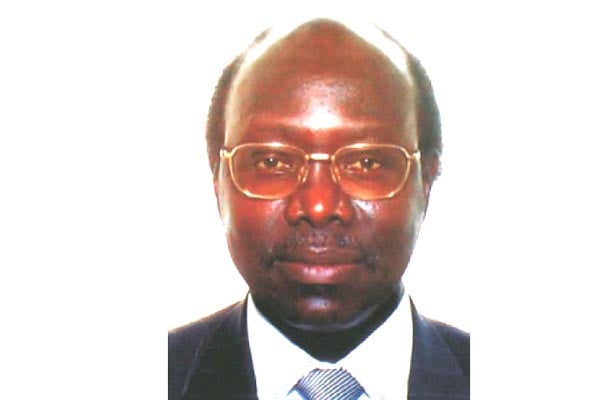Prime
Some reflections on the City of Melbourne

Author: Harold Acemah. PHOTO/FILE
What you need to know:
- The pace of the brain drain of Ugandan professionals has sadly and regrettably accelerated during the last 30 years. What a disgrace and what a tragedy for Uganda!
For lovers of tennis in Uganda and elsewhere in the world, January 17 is a day to remember because the first Grand Slam of 2022 begins tomorrow in Melbourne, Australia. Melbourne has been in the news quite a lot recently due to the saga of tennis superstar Novak Djokovic of Serbia who arrived there on Wednesday, January 5, to defend the Australian Open title he won in 2021.
At a personal level, Melbourne brings to mind many pleasant memories of my first visit to Australia, the land of kangaroos, koalas, FOSTER’S Lager Beer and the Great Barrier Reef. I went there to attend the Commonwealth Heads of Government Meeting (Chogm) in 1981. Melbourne reminds me of another great city, Toronto in Canada.
The Ugandan delegation to Chogm was led by then prime minister Eric Otema Allimadi and included, minister Shafique Arain, minister Albert Picho Owiny, head of Public Service Henry Barlow, ambassador Yeko Acato, Uganda’s first High Commissioner to Australia Kibuka Musoke, Mr Ralph Ochan and yours truly.
Our delegation stayed at the elegant Wentworth Hotel for the two-week duration of the conference. On the sidelines of official meetings, prime minister Allimadi found time to host a get-together for the Ugandan community in Melbourne, many of whom were former university lecturers and scholars from Makerere University. I was amazed by their sizable numbers. Most of them fled Uganda soon after Gen Idi Amin’s infamous military coup d’état of January 25, 1971, which, by coincidence, took place during another Chogm held in Singapore and chaired by prime minister Lee Kuan Yew of that developed country.
The pace of the brain drain of Ugandan professionals has sadly and regrettably accelerated during the last 30 years. What a disgrace and what a tragedy for Uganda!
At the time writing this opinion piece Novak Djokovic was holed up at a filthy immigration detention centre in Melbourne and his fate was hanging in balance at an Australian Court of Law. Whatever the outcome, it’s quite evident that the Serbian tennis ace could have played his cards better. I wish him good luck all the same.
The Australian government challenged Djokovic’s assertion that he had medical exemption, as a result he was granted a visa to enter Australia having recovered from Covid-19 infection in December 2021.
“There is no such thing as an assurance of entry by a non-citizen into Australia. Rather, there are criteria and conditions for entry and reasons for refusal or cancellation of a visa,” according to a case filed in court by the government of Australia. The case was heard on Monday, January 10.
The judgement handed by court sent shock waves and triggered jubilation and celebrations in almost equal measure. Judge Anthony Kelly ruled that the Australian government’s decision to revoke Novak Djokovic’s visa was “unreasonable” and reinstated the visa.
He ordered that Djokovic should be released within 30 minutes, his passport and other documents returned to him. Djokovic was released promptly and driven out of a detention centre where he languished for five days.
One wonders what would happen to Djokovic if he had been detained in Uganda or Zimbabwe where the rule of law exists more in theory than in practice. Your guess is as good as mine.
I hope the government of Australia will accept the ruling and leave Novak Djokovic alone. Let bygones be bygones. Now is time to focus on the main event which is the first Grand Slam of 2022.
Mr Acemah is a political scientist and retired career diplomat.




